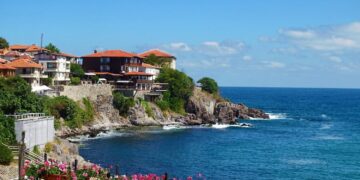Unlocking the Benefits of a Bulgaria Residence Permit: Your Ultimate Guide
Introduction to Bulgaria Residence Permit
This Article is Free for Subscribers
Access 2000+ premium insights, visa updates, and global lifestyle stories all in one place. <div> For Subscribers, Login here
Login if you have purchased



































